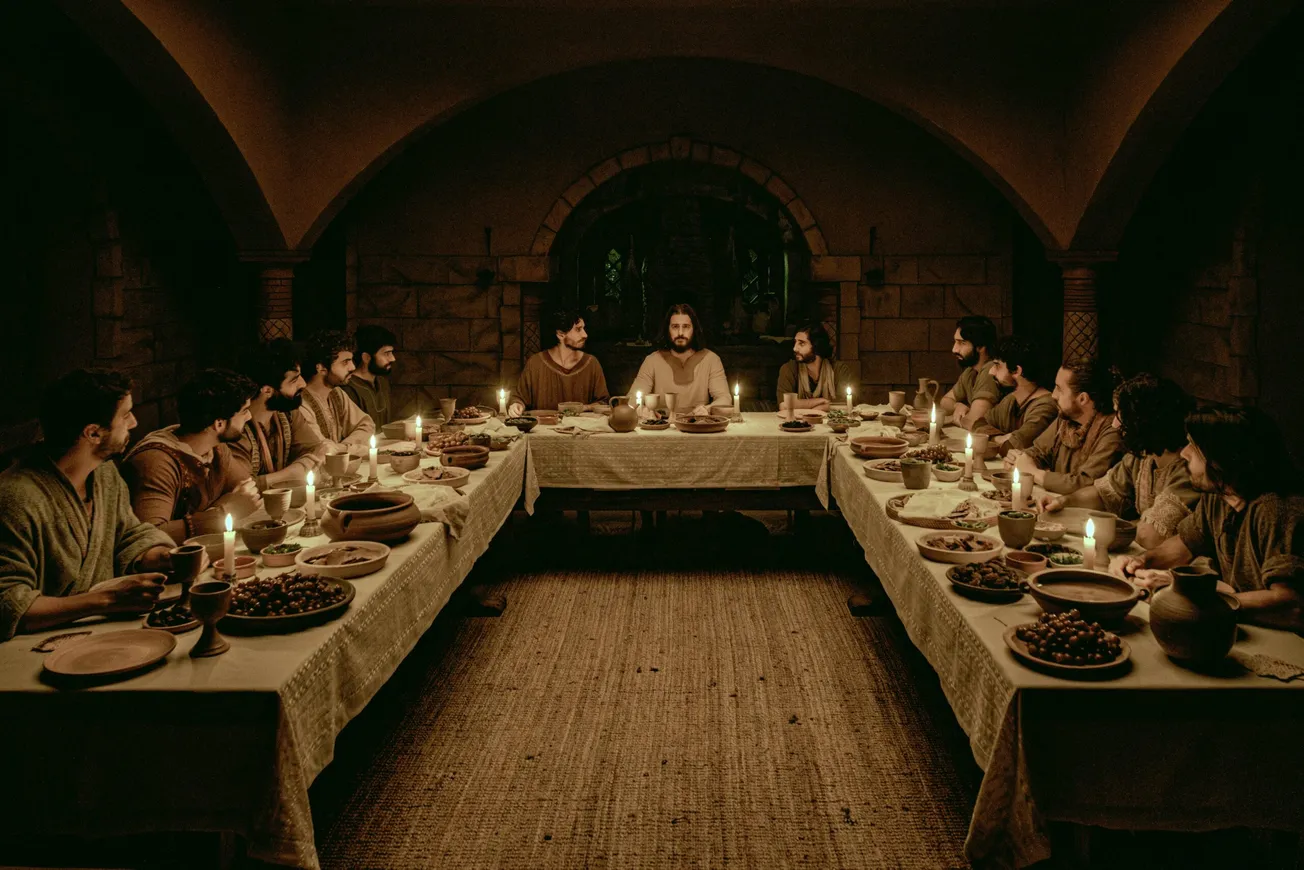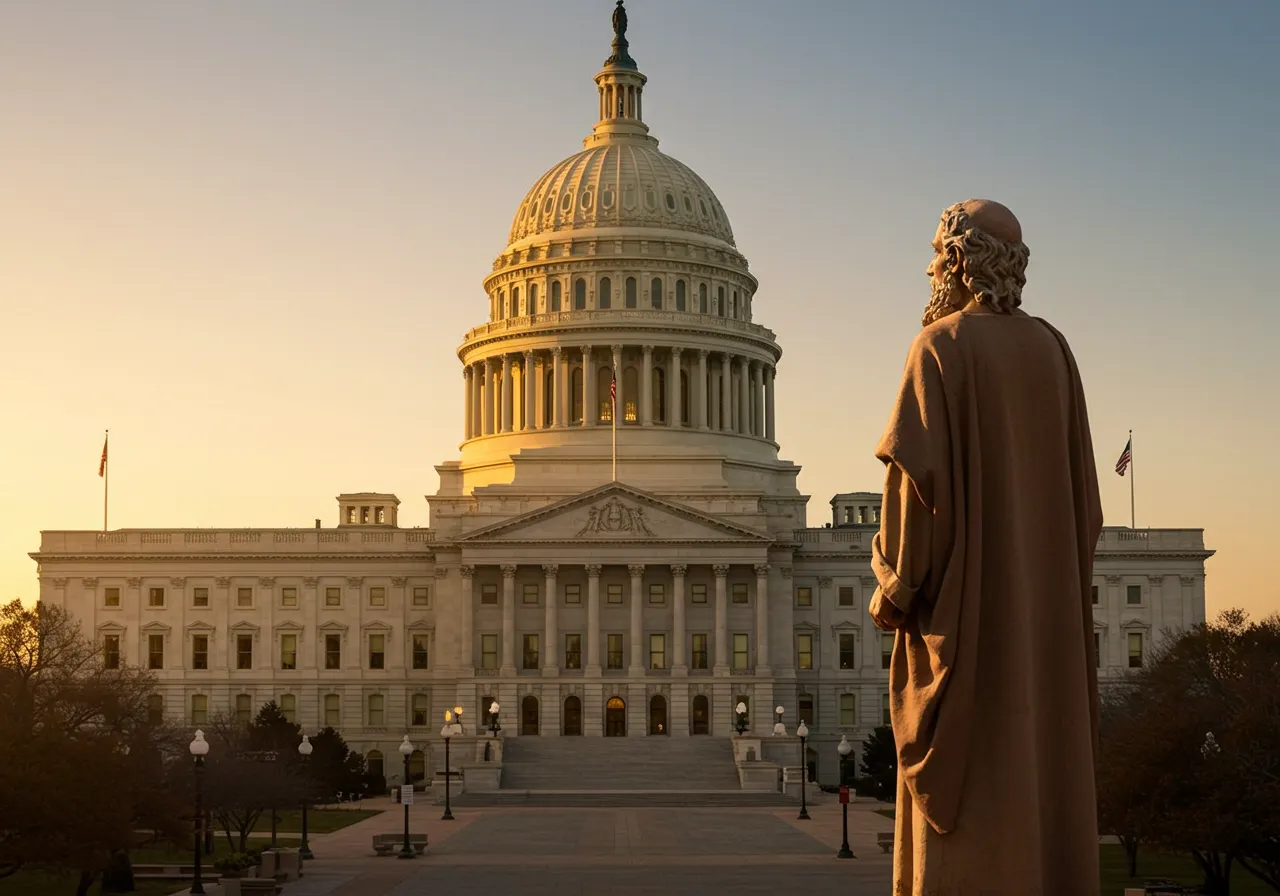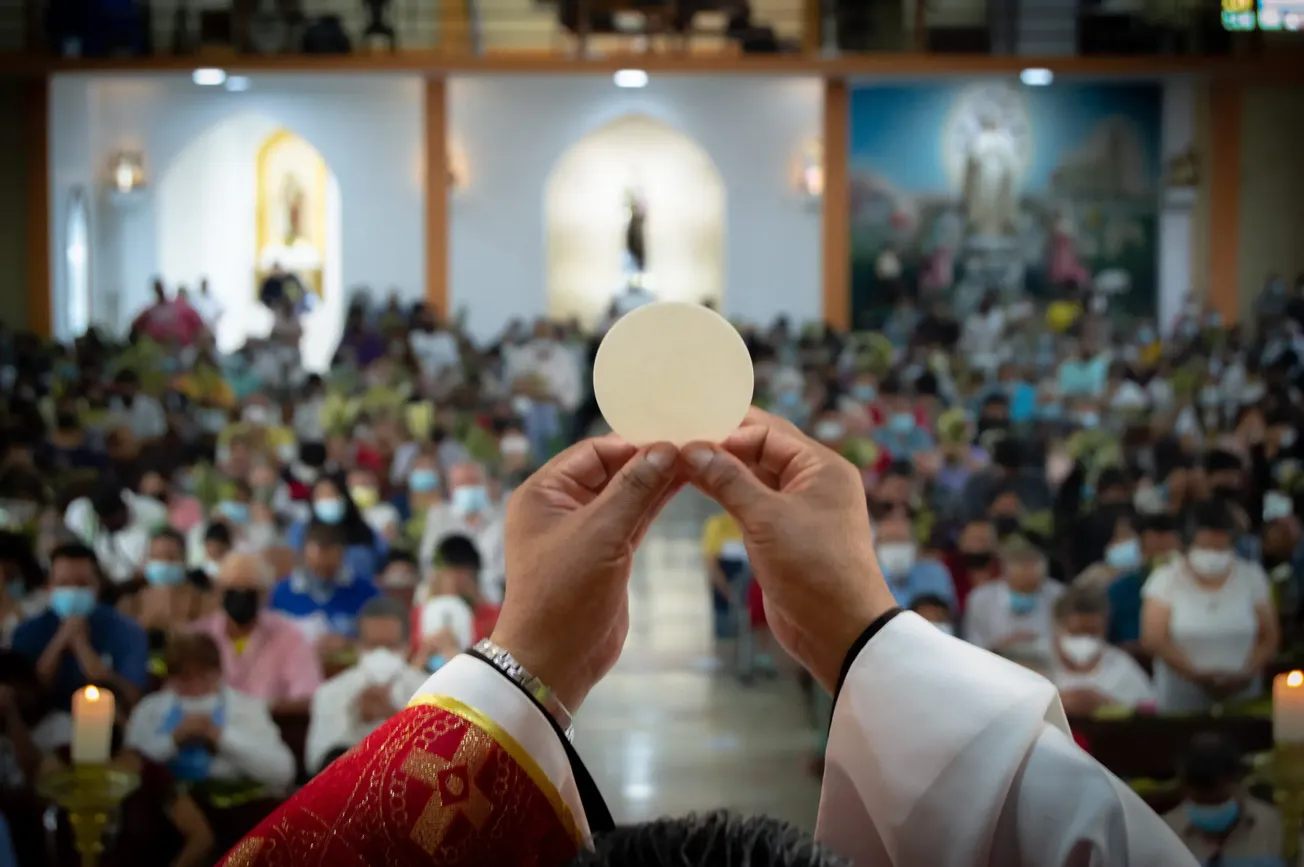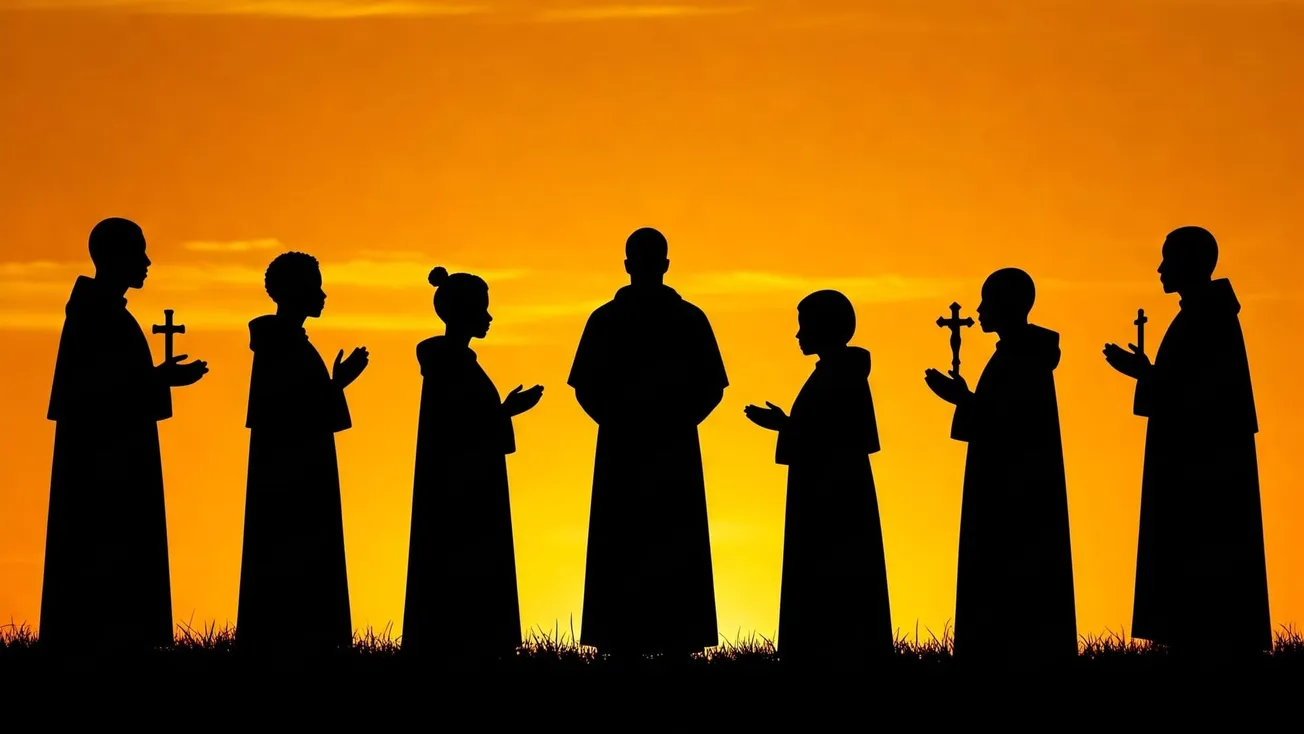This week marks two years since President Joe Biden signed his executive order on voting access. It also marks the 58th anniversary of “Bloody Sunday”—the 1965 attack on civil rights activists by White Supremacists in Selma, Alabama. In light of this important moment, I, as a Black Catholic, feel the need to reiterate that voting is sacred.
That said, while faith leaders have always been at the forefront of fighting for and protecting voting rights, we cannot do this work alone. All who care about democracy must demand that the people in power uphold their moral duty of protecting our freedom at the polls.
From state legislatures across the country making it more difficult for people to vote, to the U.S. Supreme Court gutting the Voting Rights Act, people’s voices are being silenced, and that is the antithesis of democracy. A recent report released last week by the Leadership Conference on Civil and Human Rights and over 50 partner organizations shows that many federal agencies are failing to adhere to President Biden’s directive to leverage their resources to make it easier for Americans to vote.
According to this report, if the ten agencies evaluated succeeded in integrating a high-quality voter registration opportunity for the people they serve, they could collectively generate an additional 3.5 million voter registration applications per year.
Bloody Sunday and the long march to equal rights are religious and moral stories at their core. I was privileged to visit Selma four times with the late Rep. John Lewis and other civil rights and faith leaders. I heard firsthand his memories of how the march to the Edmund Pettus Bridge began at Selma’s Brown Chapel AME Church, and how faith leaders walked at the procession’s front line. The Voting Rights Act, the legislation they marched to support, was drafted on a conference table at the offices of the Religious Action Center of Reform Judaism.
My grandfather worked with other Black Catholics at his parish to organize against an unconstitutional literacy test that they faced in New Orleans, Louisiana. More than 50 years later, we are still facing unjust and immoral attacks on our democracy.
People of faith, in the South and across the nation, have never stopped working to ensure that people have access to the ballot at the ground level. When the Supreme Court took up the Shelby v. Holder case determining the future of the Voting Rights Act, over two dozen diverse religious groups joined amicus briefs in support of this crucial law.
No matter how we pray or what we look like, we must remain united in the deep belief that every person has divinely given dignity and thus the right to a direct voice in how we are governed.
That is why Faith in Public Life, representing thousands of diverse faith leaders around the country, is proud to join a community of 100 national organizations in urging the aforementioned federal agencies to commit to timely action and doing their part to make a real difference in expanding voting access.
The findings in the Leadership Conference’s report show that voting access needs more robust defense by the federal government. Only a few federal agencies have made noteworthy progress while most have not. If leaders of these agencies fail to prioritize this executive order to expand voter access, those at the top will continue to concentrate their power while doing little for the rest of us. Failure is not an option when it comes to protecting our democracy.
Voter registration remains a hurdle for many eligible voters. During the last presidential election, over 63 million eligible Americans were not registered to vote—many of them people of color and young adults.
But all of us, especially people of faith, can continue to hold our leaders accountable so that we can build the multi-faith, multiracial democracy our beliefs demand.
Jeanné Lewis serves as interim CEO at Faith in Public Life, a progressive multistate faith-based organization. She is a nonprofit executive, faith-based organizer, and authority on creating empowered communities. She has dedicated her career to building bridges, closing equity gaps, and creating policies that lead to strong, thriving, and self-determined cities.










